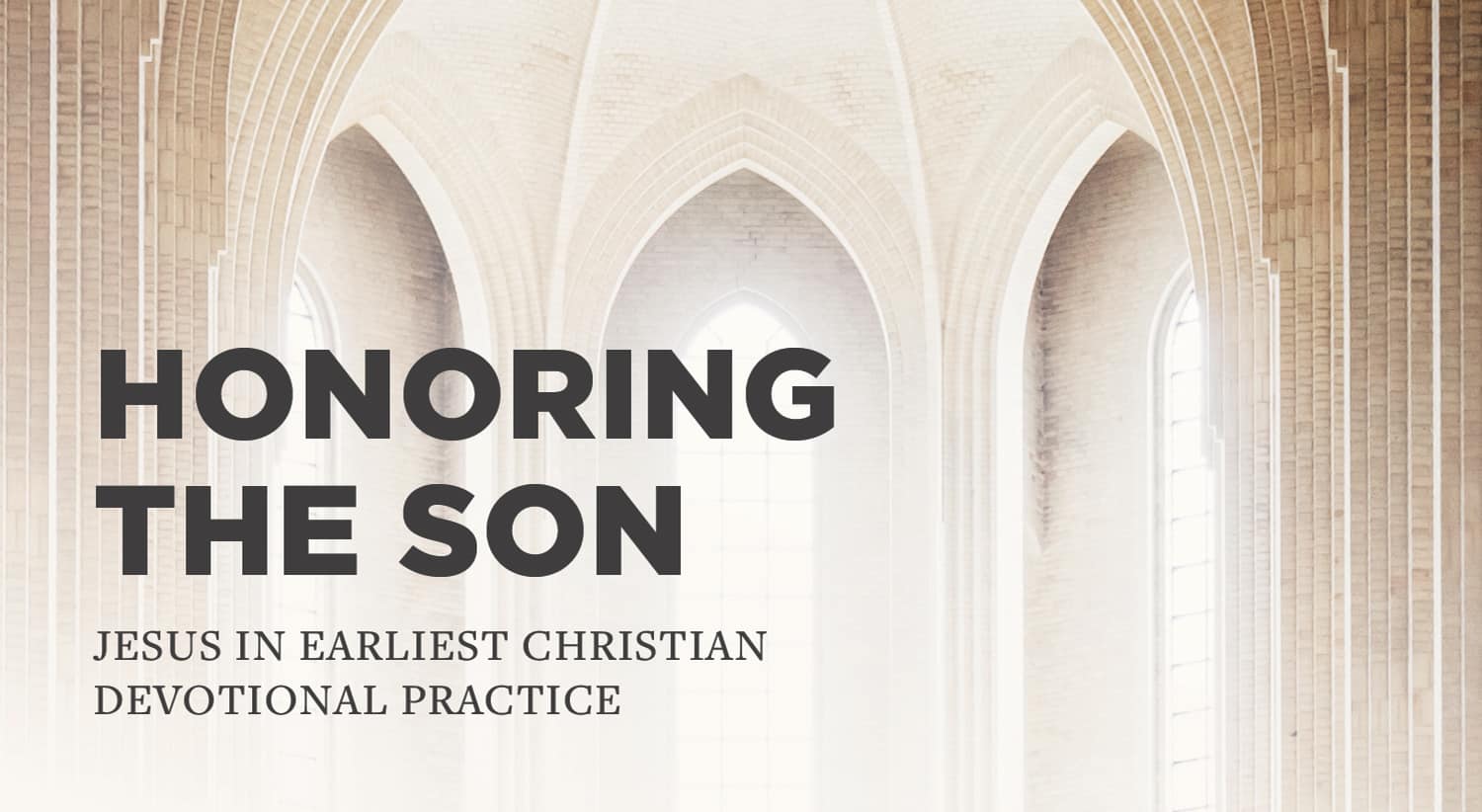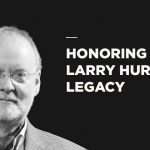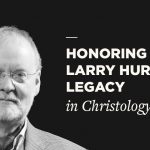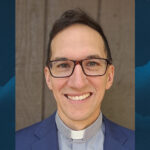
Larry W. Hurtado has been one of the leading scholars on early Christology for decades. Hist new book, Honoring the Son, provides an entry point for students who are just beginning their study of Christology and a succinct summary of his research set within the current academic debate. In this excerpt, Hurtado summarizes ancient Jewish worship practices to give context to the changes seen in early Jesus-devotion.
In order to appreciate the significance of early Jesus-devotion, it is also important to note that the cultic exclusivity of ancient Jewish tradition extended beyond refusing to worship the deities of other nations. In particular, it appears that Jews also avoided worshipping the various heavenly beings whom they saw as forming God?s entourage, the vast and serried ranks of angels and archangels. That is, ancient Jews refused to worship foreign deities and the ?home team? (so to speak) as well. As I showed a few decades ago, this refusal extended to principal angels and related heavenly beings (such as Michael), exalted biblical heroes (such as Moses or Enoch), and even the personifications of God?s own attributes (such as Lady Wisdom or God?s Logos). None of these figures was a separate object of worship. There was no altar or sacrifice or worship ritual devoted to any of them. I must underscore this point, as it has been obscured in some recent publications that claim incorrectly that Jews included such beings in their worship practice.
In some cases, this or that figure is referred to in language that suggests some kind of divine status or quasi-deification, as illustrated in a Qumran text (11QMelchizedek) that in a striking move posits a mysterious figure named Melchizedek as the divine figure, elohim, of Psalm 82:1, who takes a prominent place among the heavenly ?council of God? and exercises judgment. The Hebrew of this verse is usually translated roughly as follows:
God [elohim] has taken his place [or ?stands forth?] in the divine council [ba?adat-el]; in the midst of the gods [elohim] he holds judgment.
The Septuagint (LXX Psalm 81:1) shows an effort to make sense of the statement with its several references to divine beings:
God [ho theos] stands forth in the assembly of gods [synagog? the?n]; and in their midst he will judge gods [theous diakrinei].
It appears that this Qumran text reflects a distinctive move in identifying this Melchizedek figure as the elohim of Psalm 82:1 who stands up/stands forth in the heavenly council. This figure does not compete with God, however, but is apparently God?s appointed head over the heavenly council of ?gods? (who may include the angels of God?s entourage and/or the various deities of the pagan nations). In the Qumran text, Melchizedek is thus effectively God?s field marshal or vizier who is to lead in the eschatological battle against the forces of evil. To be sure, referring to this figure as the elohim of Psalm 82:1 is remarkable. But I emphasize again that, despite this kind of striking exegetical move, neither this Melchizedek nor any of the other various ?chief agent? figures portrayed in various ancient Jewish texts were treated as a rightful recipient of cultic devotion. They, and the angels more broadly, might be referred to as ?gods,? but they were distinguished from the biblical deity precisely when it came to worship. I emphasize that Jews protected the uniqueness of their deity foremost by reserving cultic worship to him alone. Not only sacrifice, but prayer and adoration as well were typically directed to the one God.
When viewed in the light of the Jewish concerns to restrict worship to the one God alone, the programmatic place of Jesus in earliest Christian devotion amounts to a novel and historically significant ?mutation.? And I am not alone in this judgment. For example, a century ago, Johannes Weiss referred to the early emergence of the cultic reverence of the risen Jesus as ?the most significant step of all in the history of the origins of Christianity.?






